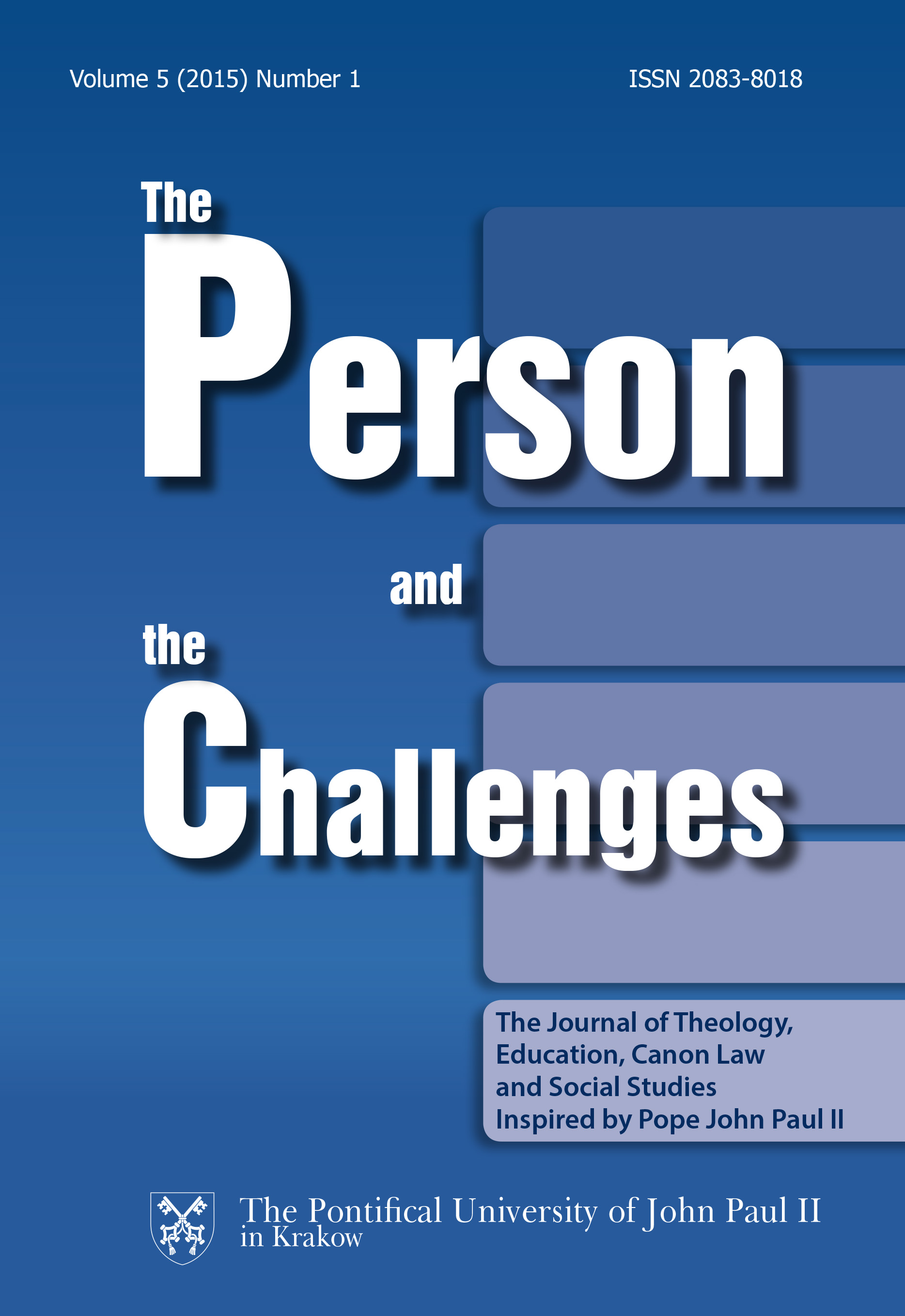Die Polen angesichts der Umbrüche im politischen und gesellschaftlichen Bereich. Ein Vierteljahrhundert nach der Unabhängigkeit Polens
DOI:
https://doi.org/10.15633/pch.934Słowa kluczowe:
Poland, socio-political transformation, changes of the society, public opinionAbstrakt
Financial, political, ideological, sociological, cultural and existential transitions in Poland are experienced as a far more complex process than what it seemed in the beginning. The challenges Poles are facing in a new, democratic society, in some ways, are more demanding than those in a socialist one. In this article, the author presents sociological data, gathered by the Public Opinion Research Centre in Poland, showing the public opinion about the change in the system since 1989. The evaluation of the social consequences of transformation is not unequivocal. 37 % believe that the post-1989 changes brought more benefits than losses to the people. On the negative side, Poles note the increase in individualism and weakening of interpersonal ties. Negative public sentiment grew in Poland especially after 2009, five years after Polish accession to the European Union when the average salary of Poles accounted for about 25-30% of earnings in Western Europe, many people could not find employment in Poland and so they had to migrate to Western Europe.
Bibliografia
Centrum Badania Opinii Społecznej (CBOS), Komunikat z badań: Czy warto było zmieniać ustrój? Społeczna ocena przemian po 1989 roku, Warszawa, czerwiec 2013, BS/73/2013, http://www.cbos.pl/SPISKOM.POL/2013/K_073_13.PDF (29.01.2015), S. 1-14.
Dudek A., Gryz R., Komuniści i Kościół w Polsce (1945-1989), Kraków 2003.
Kościół i religijność Polaków 1945-1999, Hrsg. W. Zdaniewicz, T. Zambrzuski, Warszawa 2000.
Lombaerts H. & Osewska E., Historical and Geo-Political Reality of a United Europe, in: S. Gatt, H. Lombaerts, E. Osewska, A. Scerri, Catholic Education, European and Maltese Perspectives. Church School’s response to future challenges, Floriana 2004, S. 27-43.
Mariański J., Johannes Paul II. als moralische Autorität in der polnischen Gesellschaft, „The Person and the Challenges” 2 (2012) Nr 1, S. 21-50.
Mariański J., Kryzys moralny czy transformacja wartości? Studium socjologiczne, Lublin 2001.
Mariański J., Między sekularyzacja a ewangelizacją, Lubin 2003.
Mariański J., The Roman Catholic Church in Poland and civil society: contradiction or complementarity?, “Religious Studies and Theology” 27 (2008) 1, S. 21-42.
Osewska E., The Current Situation of Education and Continuing Professional Development of RE Teachers in Poland in the Context of the Social Challenges, „The Person and the Challenges” 2 (2012) Nr 2, S. 123-131.
Religious Education / Catechesis in the Family. A European Perspective, Hrsg. E. Osewska, J. Stala, Warszawa 2010.
Stala J., Osewska E., Anders erziehen in Polen. Der Erziehungs- und Bildungsbegriff im Kontext eines sich ständig verändernden Europas des XXI. Jahrhunderts, Tarnów 2009.
Stala J., Udział studentów WTST w programie „Erasmus” w kontekście 5 lat korzystania przez UPJPII z Karty Uczelni „Erasmusa”, in: Memoriae Ecclesiae custos, Hrsg. J. Jurkiewicz, A. Żurek, Tarnów 2013, S. 319-326.
Zieliński Z., Kościół w Polsce 1944-2002, Radom 2003.
Pobrania
Opublikowane
Numer
Dział
Licencja
Prawa autorskie (c) 2015 Józef Stala

Utwór dostępny jest na licencji Creative Commons Uznanie autorstwa 4.0 Międzynarodowe.
Autorzy publikujący w czasopiśmie udzielają jego wydawcy zgody o następującej treści:
- Autor zachowuje autorskie prawa majątkowe do utworu, a jednocześnie udziela wydawcy czasopisma zgody na jego pierwszą publikację w wersji drukowanej i wersji online na licencji Creative Commons Uznanie autorstwa 4.0 Międzynarodowe oraz zgody na wykonywanie opracowań, w tym przekładów.
- Autor ma możliwość udzielania zgody niewyłącznej na opublikowanie utworu w wersji, która ukazała się w czasopiśmie (np. zamieszczenia go w repozytorium instytucjonalnym lub opublikowania w książce), wraz z informacją o jego pierwszej publikacji w czasopiśmie.
- Autor może umieścić swój utwór online (np. w repozytorium instytucjonalnym lub na swojej stronie internetowej) jeszcze przed zgłoszeniem utworu do czasopisma.

